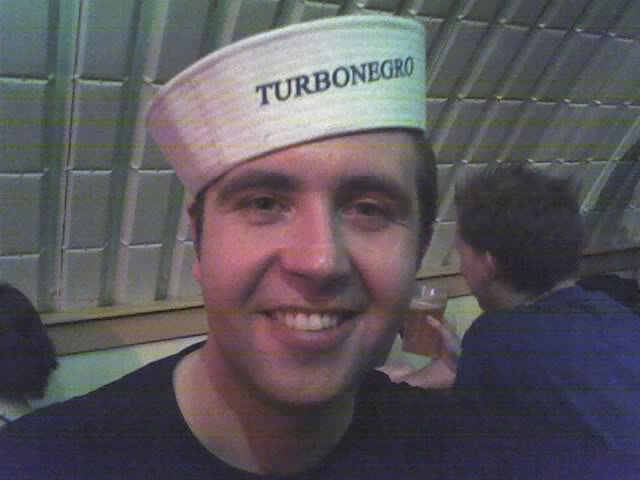European Day of Languages
Today is the European Day of Languages. As a budding philologist, I think it's a great idea.
I recently found out that there are 225 indigenous langauges in Europe. That's a staggering amount and this figure doesn't include langauges spoken by immigrants. That's still only 3% of all the languages spoken in the world. I imagine that a lot of the languages are very closely related and are more likely dialects of an official language, as is the case in Italy and France. However, there are host of langauges spoken in the Caucasus, but I wouldn't have considered this region as part of Europe, but I guess the Council of Europe do! I suppose why shouldn't it be? I'm sure I read somewhere that a small part of Kazakhstan is part of Europe.
I've heard of a few languages that many haven't: Sorbian (a Slavic language spoken in eastern Germany), Plattdeutsch (a variety of German similar to Dutch), Frisian (spoken on a group of islands off the northern coast of the Netherlands, and the closest living relative of English), and Galician (spoken in the northwest of Spain and a closley related to Portuguese). However, some others have come to my attention in recent months: Kashubian (a Slavic language spoken in northern Poland), and various Finno-Ugric languages, such Mari, Udmurt and Erzya. These are related to Finnish and Estonian and more distantly to Hungarian.
Most languages in Europe are Indo-European and are related to one another to a greater of lesser degree. They're even related to languages in Northern India, Pakistan, and even faraway Nepalese. The theory is that they are descended from a language (Proto-Indo-European) that existed about 6,000 years and was spread through conquest, migration and trade, and evolved into the myriad of languages we know today.
Language is generally, but not always, the basis for ethnic indenity, particularly in Europe. Yet if one actually looks more closely at them, we see that they aren't that much different. Of course, if a Pole and I were to try to converse in our native languages, we wouldn't get very far! However, we'd see that they have a common origin and that we're not that different. There's even a theory that there once existed one language and that all langauges, living and dead, are descended from it. This may or not be the case, but I'd like to think it's true and that we're not all that different, no what language we speak.
Anyway, I have digressed somewhat. This European Day of Languages has made me want to run out to the nearest Instituto Cervantes. Although, I'd love to learn something really obscure, like Euskera!


2 Comments:
It was once said to me that the thing with European languages is that they are all the same, but that it is very impolite to point this out. Certainly, it does sometimes seem like some bits of Europe are only pretending to speak different languages when their tongues are mutually intelligible (Spanish & Italian, the Nordic languages, the Slavic languages, etc.).
Guillame, I take your point that using "dialect" may have been crude and inaccurate, but I never referred to them as "versions of an official language". My point was that they are similar, that's all.
As for Plattdeutsch, I'll bow to your superior knowledge. I read it somewhere, but they were obviously wrong!
Post a Comment
<< Home